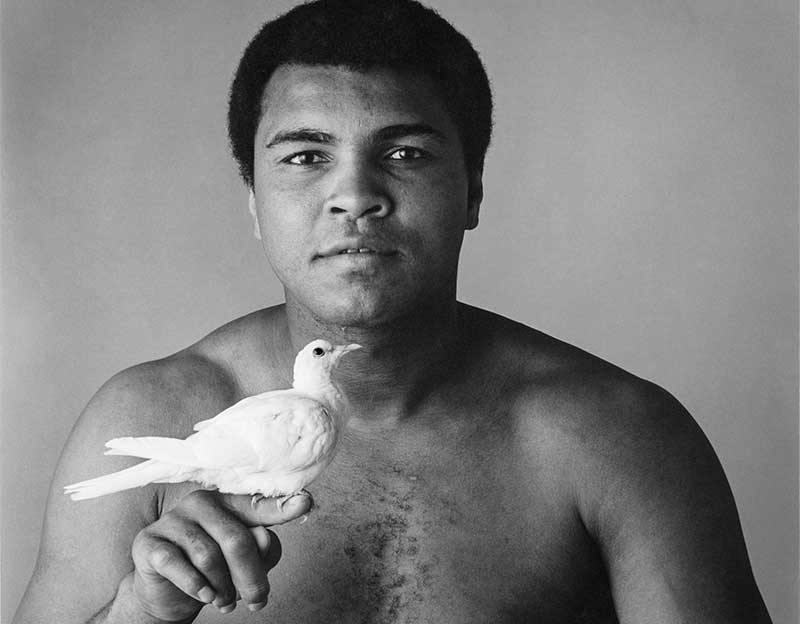The Three Most Important Qualities of a Leader
I have just come out of two intense days of professional development. The first day involved a presentation to 70 franchising professionals on The Science of Successful Franchising. To prepare for this session, I reviewed FRI’s latest data on what creates an ACE Mindset in franchisees. This is where they Advocate the franchise to others (essential for a network’s growth), are Committed to ongoing investment in their business (essential for brand health), and are Engaged in supporting the strategies of the network (essential for a healthy franchise relationship). A large part of this presentation was on the qualities of effective franchisor leadership because our research has shown this, more than any other factor, influences the ACE Mindset.
My second day of professional development was participating in a Masterclass, again with 70 people, but a very different group, a room full of highly experienced organisational psychologists. Our topic was How to Effectively Mentor and Supervise the Next Generation of Psychologists.
While franchisors are in the business of helping franchisees to manage their businesses, psychologists are in the business of helping people to manage a more important asset — their minds. Psychology is a licensed profession. To maintain government registration psychologists must undergo ongoing professional development to ensure we are competent and trustworthy. Mentoring and professional supervision is an important tool for this purpose. In the Masterclass we discussed the qualities of an effective mentor and the characteristics of a high functioning mentoring relationship. A large focus was on the importance of personal reflection for building insight and competence in oneself and others.
This morning I was reflecting on how much the content of both days had in common. Effective franchisor leadership and effective mentoring of psychologists pretty much involve the same three qualities. Here they are:
Intelligent thinking — maintaining a clear, rational mind, and taking into account all the factors that need to be considered when making decisions or giving feedback. This quality can be cultivated though reading, reflecting, being open and curious, and controlling our emotions.
Empathy — showing concerns for others, and being considerate of how our behaviour impacts the people we are leading and mentoring. While we might not like it, this quality is largely cultivated through the personal challenges we experience in life. These keep us grounded and in touch with our humanity.
Courage — being willing to speak up, face into difficult conversations and take action on important issues, even if this causes some initial discomfort for ourselves or others. This is not inconsistent with showing empathy. Often “tough love” is needed when leading or mentoring others to ensure they are focusing on the right things and addressing issues that could cause them later harm. Courage can be cultivated by coming from the right place. For instance, speaking up because you want to help someone achieve their goals, bring out the best in them, right a wrong, or repair a broken relationship.

Whether you are in the business of helping people to manage their business, or manage their minds, I would suggest that these three qualities — intelligent thinking, empathy and courage — are well worth cultivating.
Subscribe to Greg's Tips
Since 1990, thousands of franchise executives around the world have enjoyed receiving a regular email tip from FRI’s Founder, Greg Nathan.
These short stories on the psychology of business and everyday life have been likened to “mind brightening pills” as they open our thinking to fresh insights for improving wellbeing, business performance and franchise relationships.
Sign up now to receive your regular free tip from one of the leading thinkers in the world of franchising.
